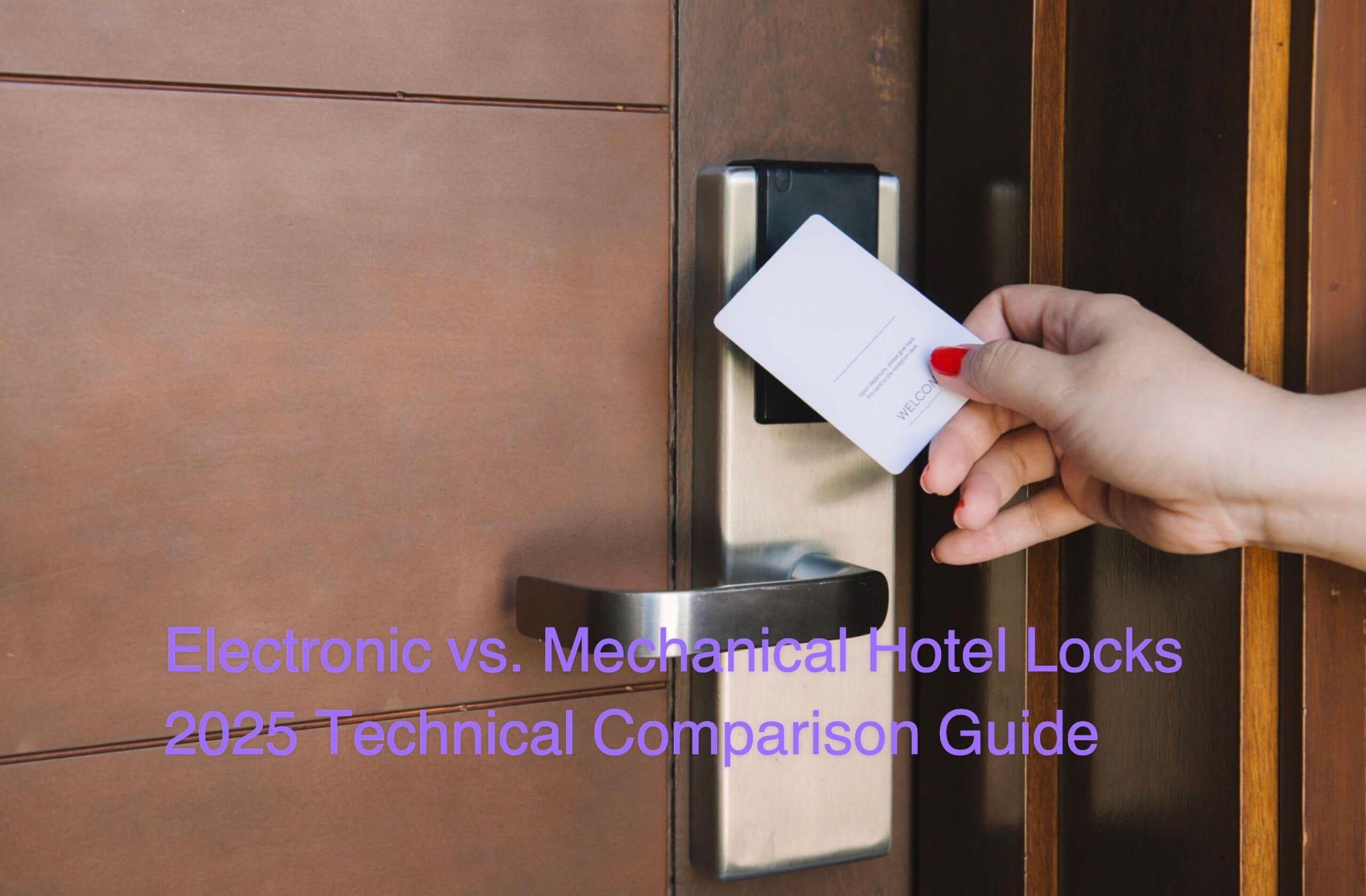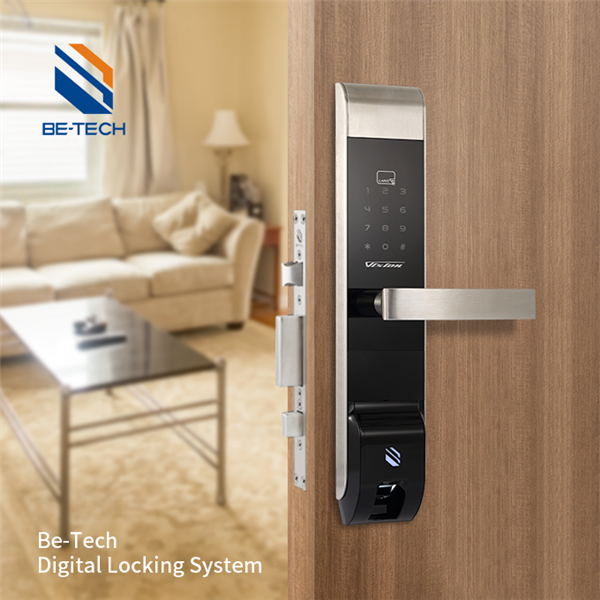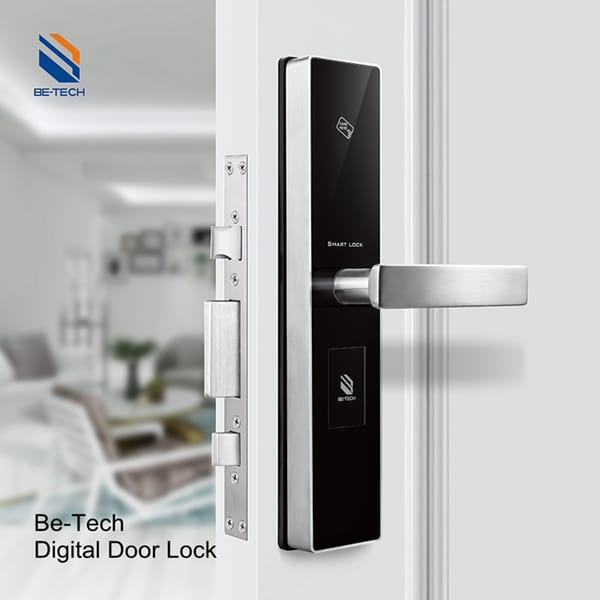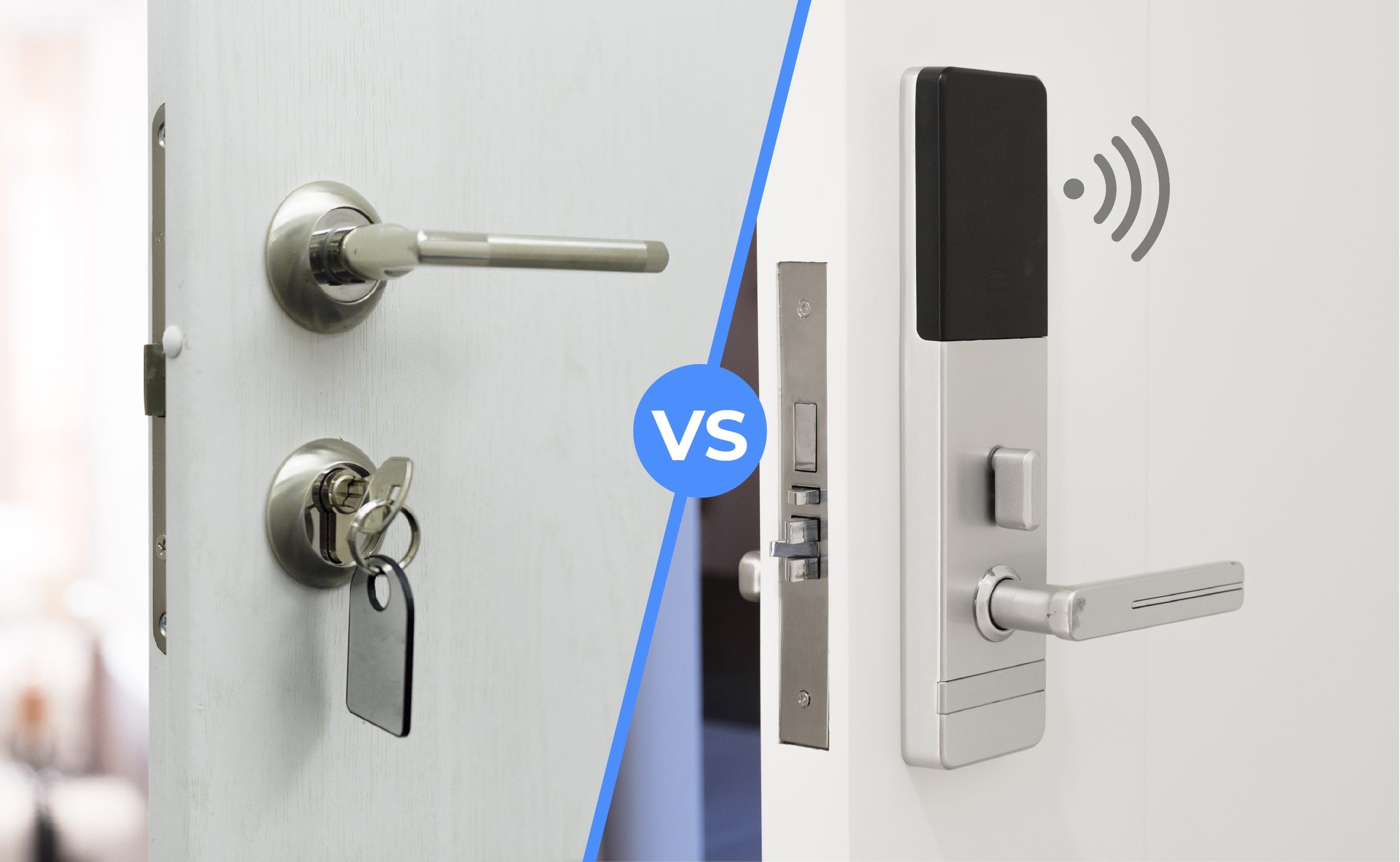The global smart lock market is rapidly expanding, with projections estimating its value to reach $5.3 billion by 2024. As more homeowners and businesses embrace smart home technologies, choosing the right smart lock company is essential for ensuring security and convenience. This guide will assist you in navigating the diverse options available by outlining key factors to consider, such as reliability, customer support, and compatibility with existing systems. By making an informed choice that aligns with your specific security needs and technological preferences, you can enhance your home or business’s safety.
Understanding Your Smart Lock Needs
Before diving into company evaluations, it’s essential to assess your specific requirements:
- Purpose of the Smart Lock: Determine whether you’re prioritizing enhanced security, convenience, or a combination of both. Consider the intended location: home, apartment building, commercial space, or rental property.
- Type of Door: Smart locks come in various designs (deadbolt, latch, cylindrical, mortise) and compatibilities. Ensure the lock you choose is suitable for your door type.
- Desired Features: Prioritize the features that are most important to you:
- Access Methods: Smartphone access, PIN codes, fingerprint recognition, RFID cards, mechanical keys
- Smart Home Integration: Compatibility with popular platforms (Amazon Alexa, Google Assistant, Apple HomeKit)
- Security Enhancements: Scramble code, mute function, automatic locking, tamper alarms, anti-pick and anti-drill features
- Budget Considerations: Smart locks range from budget-friendly options (around $100) to premium models (up to $500 or more). Determine a realistic budget for your smart lock purchase.
Evaluating Smart Lock Companies
When assessing potential smart lock providers, consider the following criteria:
Company Reputation and Reliability
- Brand Recognition: Opt for well-established companies with a proven track record in the security industry. Look for brands that have been in the market for at least 5-10 years.
- Customer Reviews and Ratings: Check online reviews from reputable sources such as CNET, Wirecutter, or TechRadar. Aim for companies with an average rating of 4 stars or higher across multiple platforms.
- Data Privacy and Security Practices: Prioritize companies that adhere to industry standards like ISO 27001 for information security management. Look for transparent privacy policies and regular security audits.
- Company Stability and Longevity: Research the company’s financial health and market position. Companies with a strong presence in multiple countries and consistent growth are more likely to provide long-term support.
Technology and Innovation
- Product Features: Assess the range and sophistication of features offered. Look for companies that provide a diverse product line catering to different needs and budgets.
- Software and App Interface: Evaluate the user-friendliness of the company’s app. Check app store ratings and user feedback on app performance and reliability.
- Research and Development: Investigate the company’s investment in R&D. Look for patents, participation in industry conferences, and regular product updates as indicators of innovation.
Customer Service and Support
- Warranty and Support Policies: Compare warranty terms across companies. Look for warranties that cover both hardware and software issues for at least 2-3 years.
- Contact Channels: Verify the availability of multiple support channels (phone, email, chat) and their operating hours. Test response times by reaching out with a pre-purchase inquiry.
Comparing Smart Lock Products
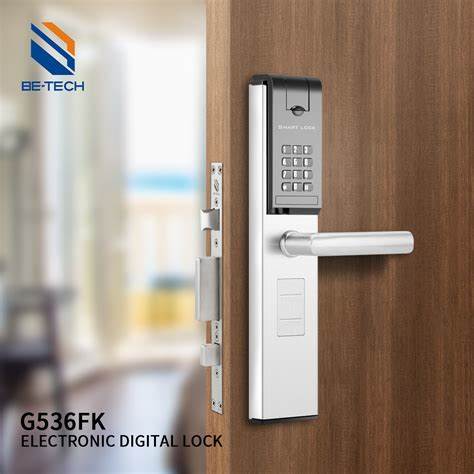
After shortlisting reputable companies, compare their specific products:
- Access Methods: Evaluate the variety and reliability of access methods. For example, some high-end models offer both fingerprint and facial recognition for enhanced security.
- Smart Home Ecosystem Compatibility: Verify compatibility with major smart home platforms. Some locks offer broader integration capabilities, working seamlessly with systems like Samsung SmartThings or Apple HomeKit.
- Security Features: Compare advanced security features such as end-to-end encryption, two-factor authentication, and real-time alerts for unauthorized access attempts.
- Durability and Weather Resistance: For outdoor installations, look for locks with an IP65 rating or higher to ensure protection against dust and water.
- Aesthetics and Design: Consider the visual appeal and available finishes. Some companies offer customizable options to match your home’s style.
- Price and Value: Analyze the price-to-feature ratio. While premium models offer more features, mid-range options often provide the best value for most users.
Installation and Support
Installation Process
- Ease of Installation: Look for locks designed for DIY installation with clear, step-by-step video tutorials.
- Professional Installation Options: Check if the company offers certified installer networks or partnerships with local locksmiths for professional installation.
Ongoing Support
- Troubleshooting Resources: Evaluate the comprehensiveness of online support resources, including FAQs, video guides, and user forums.
- Technical Support Channels: Test the responsiveness of technical support through various channels before making a purchase decision.
Smart Lock Standards and Regulations
When selecting a smart lock company, consider industry standards and regulations:
- ANSI/BHMA Standards: Look for locks that meet or exceed ANSI/BHMA A156.36 standards for auxiliary locks. Grade 1 certification indicates the highest level of residential security.
- Safety Certifications: Prioritize locks with UL or Intertek certifications, which ensure compliance with rigorous safety standards.
- FCC Compliance: For wireless smart locks, verify FCC certification to ensure the device meets electromagnetic compatibility requirements.
- ADA Compliance: If accessibility is a concern, look for locks that comply with the Americans with Disabilities Act (ADA) standards for operable parts.
Future Trends in Smart Lock Technology
Stay informed about emerging trends that may influence your decision:
- AI and Machine Learning: Advanced AI algorithms are being integrated to learn user behavior patterns and provide predictive security measures.
- Biometric Advancements: Next-generation biometrics, including 3D facial recognition and vein pattern scanning, are enhancing security and convenience.
- Enhanced Integration: Look for locks that offer seamless integration with video doorbells, security cameras, and smart home hubs for a comprehensive security ecosystem.
- Sustainability: Eco-friendly smart locks made from recycled materials and featuring energy-efficient designs are gaining popularity.
Conclusion
Choosing the best smart lock company requires careful consideration of your specific needs, the company’s reputation, product features, and ongoing support. By following this guide, you can make an informed decision that enhances your home security and aligns with your smart home aspirations. Remember to stay updated on the latest technological advancements and security standards to ensure your choice remains relevant in the rapidly evolving smart lock market.



